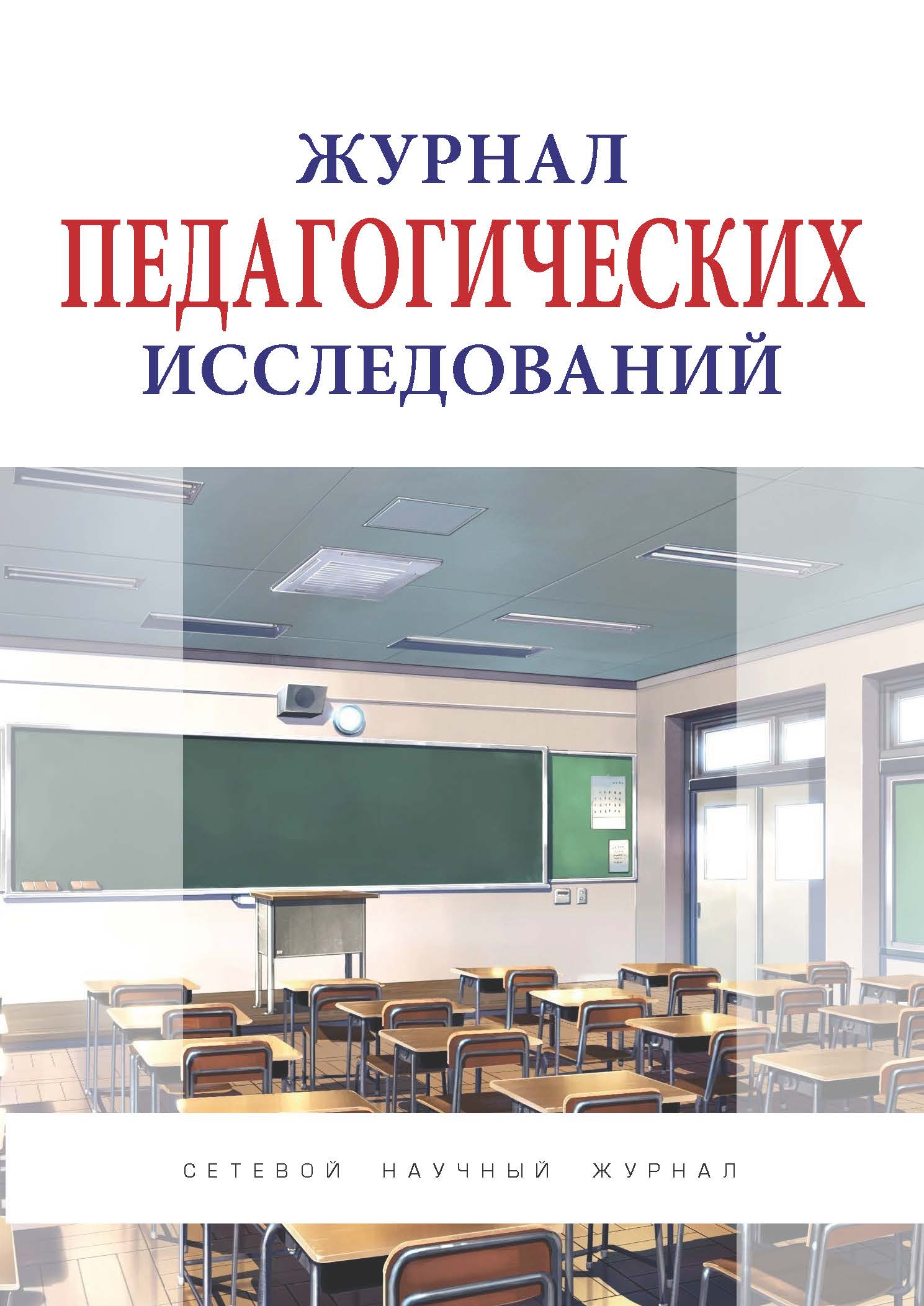The author addresses the problem of organizing professional training of foreign students in Russian universities. The aim of the article is to consider the specific features of the educational process in the Master's program with students from China (on the example of the training direction "Music Education"). It is noted that the success of mastering the educational program is conditioned by socialization, socio-psychological adaptation and involvement of foreign students in a new cultural and educational environment.Attention is focused on the organizational and content aspects of Master's degree education of students from China, related to the study of music-performing, musictheoretical and methodological disciplines. The conditions aimed at overcoming difficulties in the process of professional training of students from China are substantiated (adaptation of teaching material, use of adapted teaching aids, detailing of each type of educational (including research) task on the basis of providing students with detailed instructions and samples for their performance).
international activity, students from China, sociocultural adaptation, cultural and educational environment, professional training, music education
1. Belyaev V.P., Podergina E.A. Opyt sotrudnichestva Ural'skogo gosudarstvennogo gornogo universiteta s vuzami KNR v nauchno-obrazovatel'noy i kul'turnoy oblastyah // Pedagogicheskoe obrazovanie v Rossii, 2016. - № 11. - S. 15-19.
2. Van Ven'czyao. Osobennosti russkoy muzykal'noy terminologii v aspekte metodiki RKI // Problemy sovremennogo obrazovaniya: internet-zhurnal. 2019. № 1. S. 194-198 [Elektronnyy resurs]. URL: http:// http://www.pmedu.ru/images/20191/21.pdf (data obrascheniya: 15.05.2023).
3. Kosheleva E.Yu., Kikenina Yu.A. Transformaciya uchebnyh praktik kitayskih studentov rossiyskogo universiteta // Sovremennye problemy nauki i obrazovaniya. – 2022. № 2 [Elektronnyy resurs]. URL: https://scienceeducation.ru/ru/article/view?Id=31547 (data obrascheniya: 09.03.2023).
4. Li Min'. Formirovanie yazykovoy kompetencii kitayskih studentov pri izuchenii russkogo yazyka: tipovye oshibki v monologicheskoy i dialogicheskoy rechi i puti ih preodoleniya: avtoref. dis. ... kand. ped. nauk. Ekaterinburg, 2011. 23 S.
5. Matveeva L.V, Tagil'ceva N.G., Yan Bo. Trudnosti kitayskih studentov v osvoenii rossiyskoy metodiki muzykal'nogo obrazovaniya shkol'nikov // Yazyk i kul'tura. 2021. №56. [Elektronnyy resurs]. URL: https://cyberleninka.ru/article/n/trudnosti-kitayskih-studentov-v-osvoenii-rossiyskoymetodiki-muzykalnogo-obrazovaniya-shkolnikov (data obrascheniya: 10.06.2023).
6. Mezenceva S. V. Problemy uchebno-metodicheskogo obespecheniya muzykal'no-teoreticheskih disciplin dlya inostrannyh studentov v rossiyskom vuze // Pedagogika iskusstva. 2017. № 4. [Elektronnyy resurs]. URL: http://www.art-education.ru/sites/default/files/journal_pdf/mezenceva_115-120.pdf (data obrascheniya: 20.06.2023).
7. Ministerstvo nauki i vysshego obrazovaniya RF. oficial'nyy sayt. URL:.https://minobrnauki.gov.ru/press-center/news/mezhdunarodnoe-sotrudnichestvo/51810/ (data obrascheniya: 08.06.2023).
8. Nikitenko E.V. Motivaciya vybora vuza inostrannymi studentami (na primere kitayskih studentov, obuchayuschihsya v g. Habarovske): avtoref. dis. …kand. soc. nauk. Habarovsk, 2017. - 27 s.
9. Obuchenie kitayskih studentov govoreniyu na zanyatiyah po russkomu yazyku kak inostrannomu v usloviyah rossiyskogo vuza / E. N. Tuana, S. A. Gubareva, I. A. Krasnova [i dr.] // Sovremennye problemy nauki i obrazovaniya. – 2022. – № 3. S. 47.
10. Pidzhoyan L. A. Osobennosti organizacii obrazovatel'nogo processa v magistrature s obuchayuschimisya iz Kitaya / L. A. Pidzhoyan // Muzykal'noe i hudozhestvennoe obrazovanie v sovremennom mire: tradicii i innovacii: Materialy VI Mezhdunarodnoy nauchno-prakticheskoy konferencii, Taganrog, 23 marta 2023 goda / Otv. redaktor T.V. Nadolinskaya. – Rostov-na-Donu - Taganrog: Rostovskiy gosudarstvennyy ekonomicheskiy universitet "RINH", 2023. – S. 73-78.
11. Filimonova N.Yu., Romanyuk E.S. Kitayskie studenty v vuzah Rossii // Vysshee obrazovanie v Rossii, 2014. - № 8-9. - S. 76-81.






